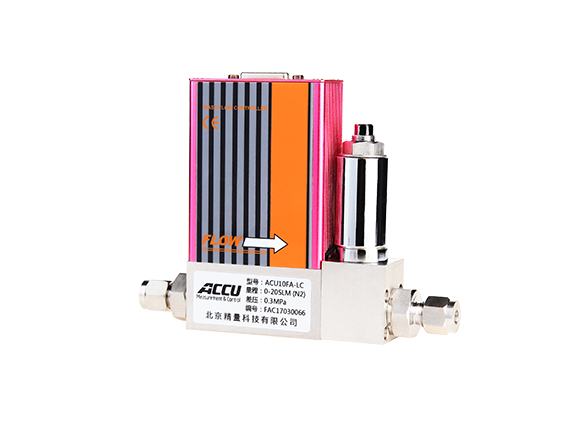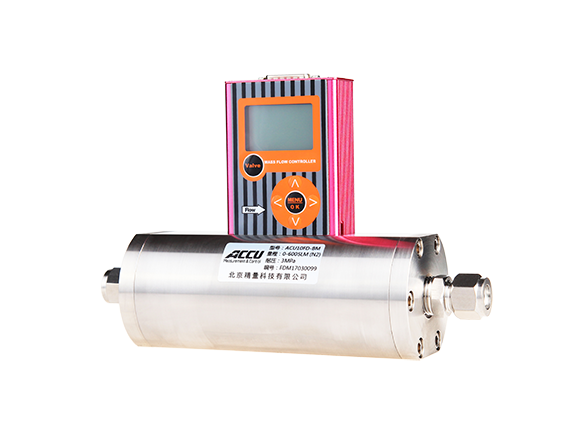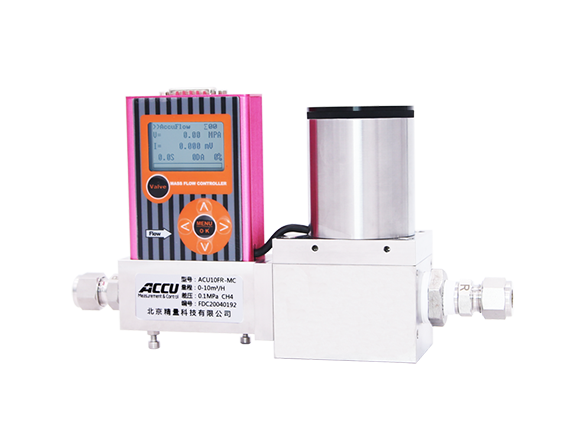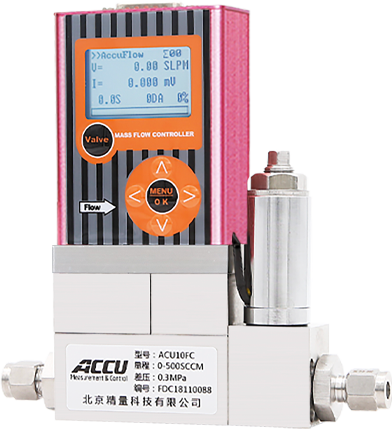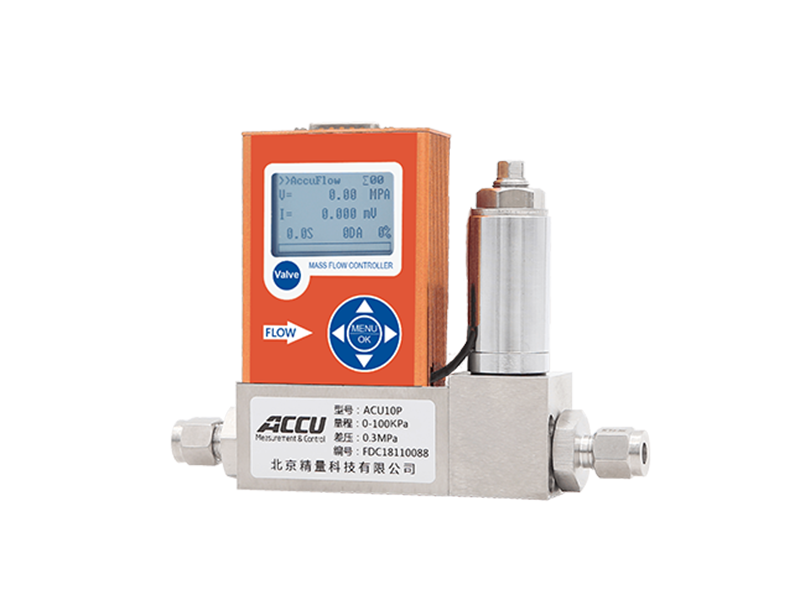Analysis of the Operating Principle and Applications of Flow Controllers
A flow controller is a device used to precisely measure and regulate the flow rate of fluids—whether gases or liquids. It operates based on advanced sensor technology and sophisticated control algorithms, continuously monitoring the fluid flow in real time, comparing it to a setpoint, and automatically adjusting the valve opening to maintain the desired flow rate.
Specifically, a flow controller typically consists of a sensor, a controller, and an actuator (such as a proportional valve). The sensor measures the fluid flow rate, while the controller uses a control algorithm to calculate the appropriate adjustment needed for the actuator—based on the difference between the sensor’s feedback signal and the setpoint. This precise adjustment allows the system to maintain accurate and stable fluid flow. Such a closed-loop control system ensures both the reliability and accuracy of the flow regulation process.
Flow controllers are widely used in industrial production and scientific research. For instance, in semiconductor manufacturing, flow controllers precisely regulate gas flow during processes like etching and deposition, ensuring product quality. In chemical production, they manage the flow of reaction gases, guaranteeing the stability and safety of chemical reactions. In the biopharmaceutical field, flow controllers adjust gas flow within pharmaceutical equipment, maintaining the consistency and reliability of the manufacturing process.
Previous page
Next page
Previous page:
Next page:
Related Products


